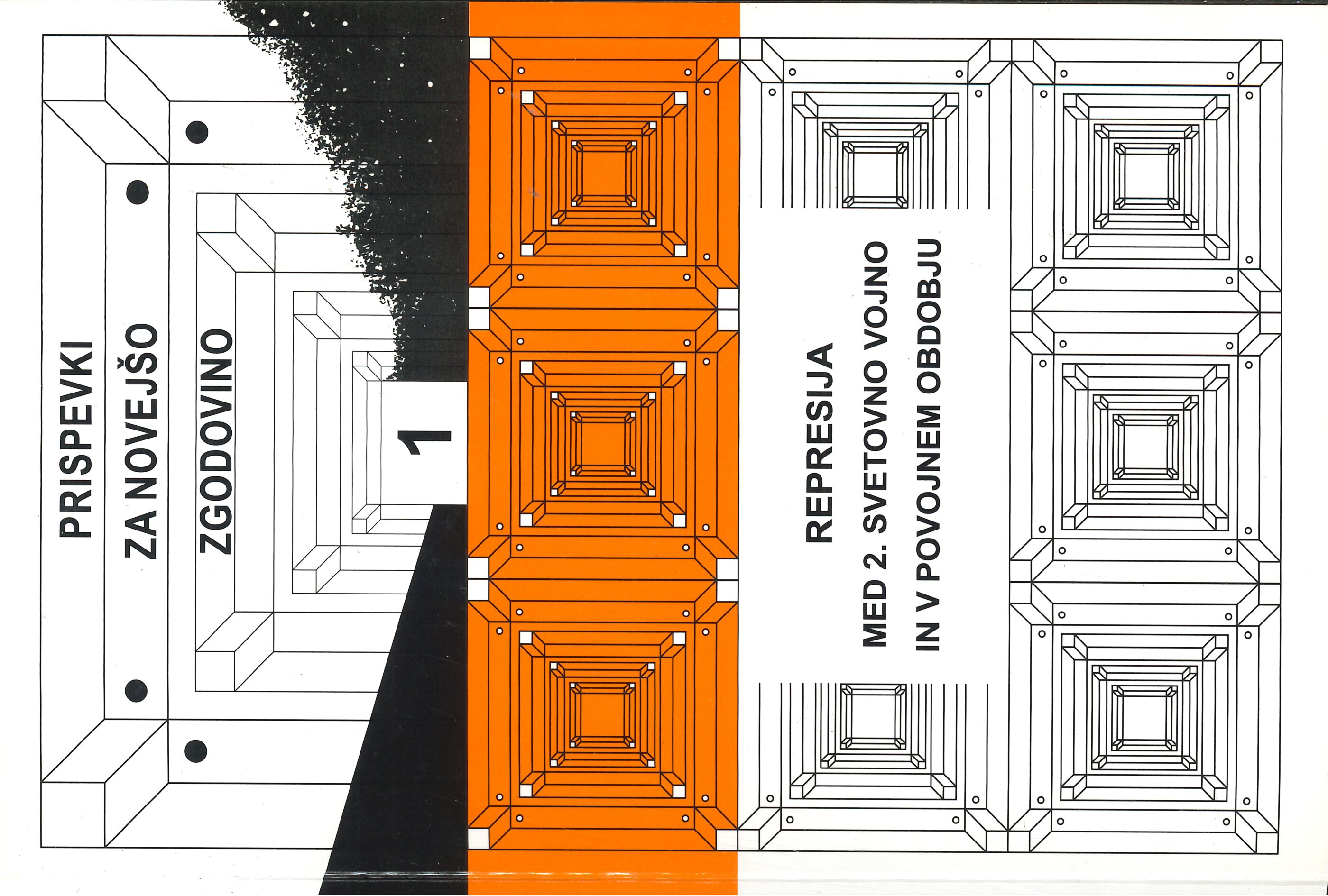Zločin in kazen: kaznovanje zločina v jugoslovanski zakonodaji 1945−1963
Ključne besede:
Slovenia, repression, legislation, crime, punishment, non‐political criminal offencesPovzetek
CRIME AND PUNISHMENT : PUNISHMENT OF CRIME IN THE YUGOSLAV LEGISLATION 1945–1963
We usually understand repression carried out within or by a state or its authorities as violence against the political opponents of the authorities. Regardless of the political system in Slovenia and Yugoslavia after World War II, where the power was taken over by the communists, who persecuted political crimes (according to the criminal code, crimes against »the people and the state«) very resolutely especially in the first years after the war in order to strengthen and affirm their authority (which is usually deemed as repression), the majority of the crimes (criminal offences) committed consisted of »ordinary« crimes – murder, manslaughter, theft, falsifications, etc. The state authorities punished these crimes through the judicial system. Crime is usually followed by punishment. Non‐political criminal offences far outnumbered political crimes. On the basis of the legislation and statistical information, the author describes the extent of »crime and punishment«.
Prenosi
Objavljeno
Številka
Rubrika
Licenca
Avtorji prispevkov, objavljenih v tej reviji, soglašajo z naslednjimi pogoji glede avtorskih pravic:
- Avtorji ohranijo avtorske pravice, reviji pa odobrijo pravico do prve objave. Delo se hkrati zaščiti z licenco za prosto uporabo avtorskih del (Creative Commons Attribution License), ki drugim osebam omogoča deljenje dela ob priznanju avtorstva in prve objave v tej reviji.
- Avtorji lahko sklenejo ločene dodatne pogodbene dogovore za neizključno distribucijo različice dela, objavljene v reviji, (npr. oddaja v institucionalni repozitorij ali objava v knjigi) z navedbo, da je bilo delo prvič objavljeno v tej reviji.
- Pred postopkom pošiljanja in med njim lahko avtorji delo objavijo v spletu (npr. v institucionalnih repozitorijih ali na svoji spletnih strani), k čemer jih tudi spodbujamo, saj lahko to prispeva k plodnim izmenjavam ter hitrejšemu in obsežnejšemu navajanju objavljenega dela (glej The Effect of Open Access).


